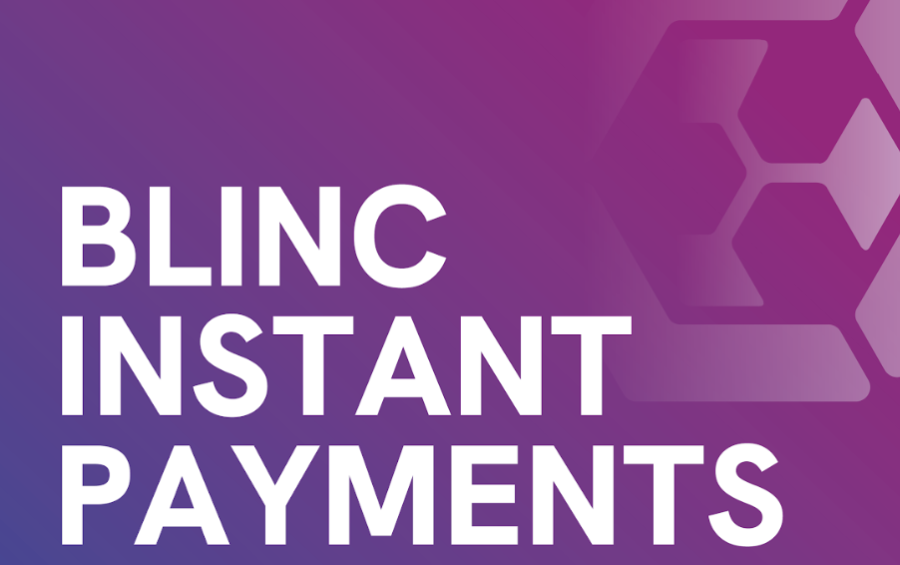BCB Group - Insights - Safeguarding rules: what they mean and why they matter

Safeguarding rules: what they mean and why they matter
The UK’s Financial Conduct Authority (FCA) will introduce new safeguarding rules for Payment Firms in May 2026. These changes aim to give consumers greater confidence in payment providers and to support the recovery of funds quickly in the event of a worst-case scenario.
BCB Group has already implemented a number of measures ahead of the deadline. Why? Because for us, acting early reflects our belief that financial resilience and operational integrity are not just regulatory obligations, but the foundation of how we operate.
What exactly is changing?
From May 2026, payment institutions, e-money institutions (EMIs), and credit unions issuing e-money will need to comply with a new set of safeguarding rules.
- Among the wider changes, the new safeguarding rules will require firms Submit monthly regulatory returns on how they protect customer funds
- Complete annual independent audits with eligible auditors (for larger firms)
- Reconcile and segregate customer funds daily
- Maintain resolution packs to safeguard client funds in case of failure
.Why is the FCA introducing these rules?
Between 2018 and 2023, as referenced by the FCA, failures in the UK payments sector left an average shortfall of 65% in customer funds. This scale of loss is unacceptable in a regulated market.
The new rules aim to prevent such outcomes. They show that a firm has:
- The systems to protect client funds
- The operational discipline to maintain controls
- The contingency plans to return funds if needed quickly
While the FCA doesn’t require firms to publish traditional financial strength disclosures (such as capital adequacy ratios or solvency reports), these safeguarding measures serve to strengthen customer confidence in payment providers and to protect client funds in case of failure.
BCB Group’s approach
Although the rules won’t take effect until May 2026, BCB Group has already met the FCA’s new safeguarding requirements. Our clients should not have to wait for regulations to catch up with best practice. We are acting early to protect clients and remove uncertainty.
We have implemented the following safeguards:
- Independent annual safeguarding audits with qualified auditors are standard practice
- Daily reconciliations take place within our Operations function
- Governance
We view these processes as essential every day, not box-ticking exercises. Our proactive approach protects our clients and partners and maintains trust across the institutional and digital asset ecosystem.
Benefits for our clients
Our safeguarding framework benefits a wide range of partners:
- Liquidity providers, OTC desks and exchanges reduce counterparty risk through the segregation, reconciliation and auditing of funds.
- Stablecoin issuers gain confidence in the capital protection and redemption reliability of their payment partner.
- Traditional capital markets players entering the digital asset space see that we meet, and often exceed, institutional compliance standards.
The result is the same for every client: reduced risk, greater certainty and operational continuity. To remain a trusted and reliable partner, we commit to growing alongside our clients and evolving as their needs change.
Regulation should be an advantage, enabling companies that embrace it to stay ahead. At BCB Group, we welcome every opportunity to demonstrate the work we have put in to give our clients complete peace of mind.
Beyond compliance
Meeting the FCA’s standards is essential. Exceeding them is even better.
By adopting these measures early, BCB Group sets a benchmark for safeguarding practices in the payments sector. Our commitment to transparency, operational discipline and capital protection strengthens relationships and builds trust.
The assurance that we safeguard funds every single day is the strongest position to hold in a rapidly evolving market.
To learn more about our safeguarding approach or how we protect client funds, get in touch.








